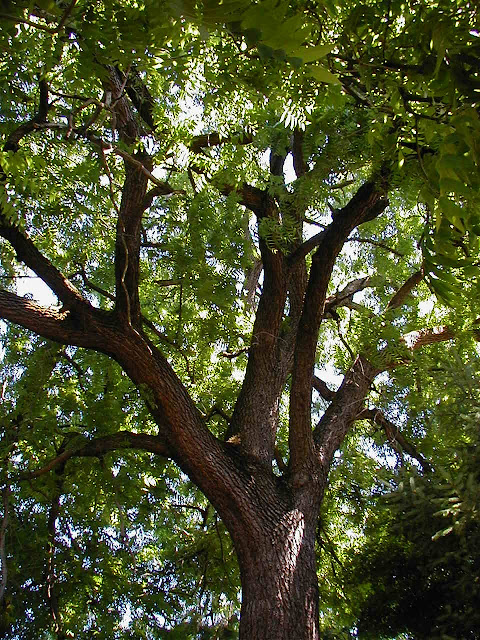Georgian Wicca
 |
| Pentacle. Photo credit: Wikimedia, Public Domain |
The Georgian tradition is a branch of the Neo-Pagan, nature-based religion of Wicca. Its roots go back to the 1970s and include influences from older Wiccan traditions. One of the stated goals from the Georgian Wicca website is to bring about understanding between different branches of Wicca and witchcraft.
The Founder of Georgian Wicca
This sect of the Craft takes its name from George Patterson, a World War II veteran who founded the tradition with Zanoni Silverknife and Tanith in 1970. The group became a legally recognized church in the state of California in 1971.
Influence from British Traditional Wicca
British Traditional Wicca is the term for those Wiccan traditions that can trace their lineage back to the New Forest area of England. While Georgian Wicca cannot claim this lineage, it is heavily influenced by BTW in that it is an oath-bound initiatory path.
Some of the sources drawn from to develop the Georgian tradition were Gardnerian and Alexandrian Wicca, the New England Covens of Traditionalist Witches as well as Patterson's own studies.
Beliefs and Practices
As mentioned, Georgian Wicca is oath-bound which is only one of the things that makes it a more traditional sect of the religion. Other traditional aspects include a three-degree initiation system, the male/female polarity in training, and the rituals are passed only between coven members of the appropriate degree.
Their are also a set magical and personal ethics coveners follow as guidelines for right relationship with their fellow Georgians and those outside of the coven. Members are encouraged to challenge themselves and grow personally.
Famous Georgians
One of Georgian Wicca's biggest claims to fame is having the prolific Craft author Dorothy Morrison as one of its high priestesses. She is known for her practical, down-to-earth books on the Craft which have introduced Wicca to people around the world. While she does not publish Georgian material as that is against the oath-bound concept of the tradition, she has presented workable material for solitary students as well as those wanting to form groups.
I'm happy to say there is a new published Georgian author. I very briefly studied with Puck Shadowdrake, the HP of Circle of the Samhain Moon in Michigan. He's a great teacher and his book, Magickal Manners: Guide to Magickal Etiquette is sure to be a valuable resource to coven leaders and seekers.
Georgian Wicca - A Tradition of Unity
In the changing landscape of eclectic Wicca where covens come and go, the Georgian tradition has outlasted many into the 21st century. There are Georgian covens across the United States and the world with membership and interest still growing.
With its history of producing notable members as well as attracting those from many walks of life, Georgian Wicca is likely to maintain its status as a solid spiritual choice for those interested in a nature-based path that encourages personal growth as well as building bridges between traditions.
Source consulted:
- Georgian Wicca Tradition. March 2009 (date originally accessed).
*Previously published on Suite 101. This information is based on my understanding and research done at the time of original publication. Please feel free to leave your thoughts in the comments.
******************************



Comments
Post a Comment